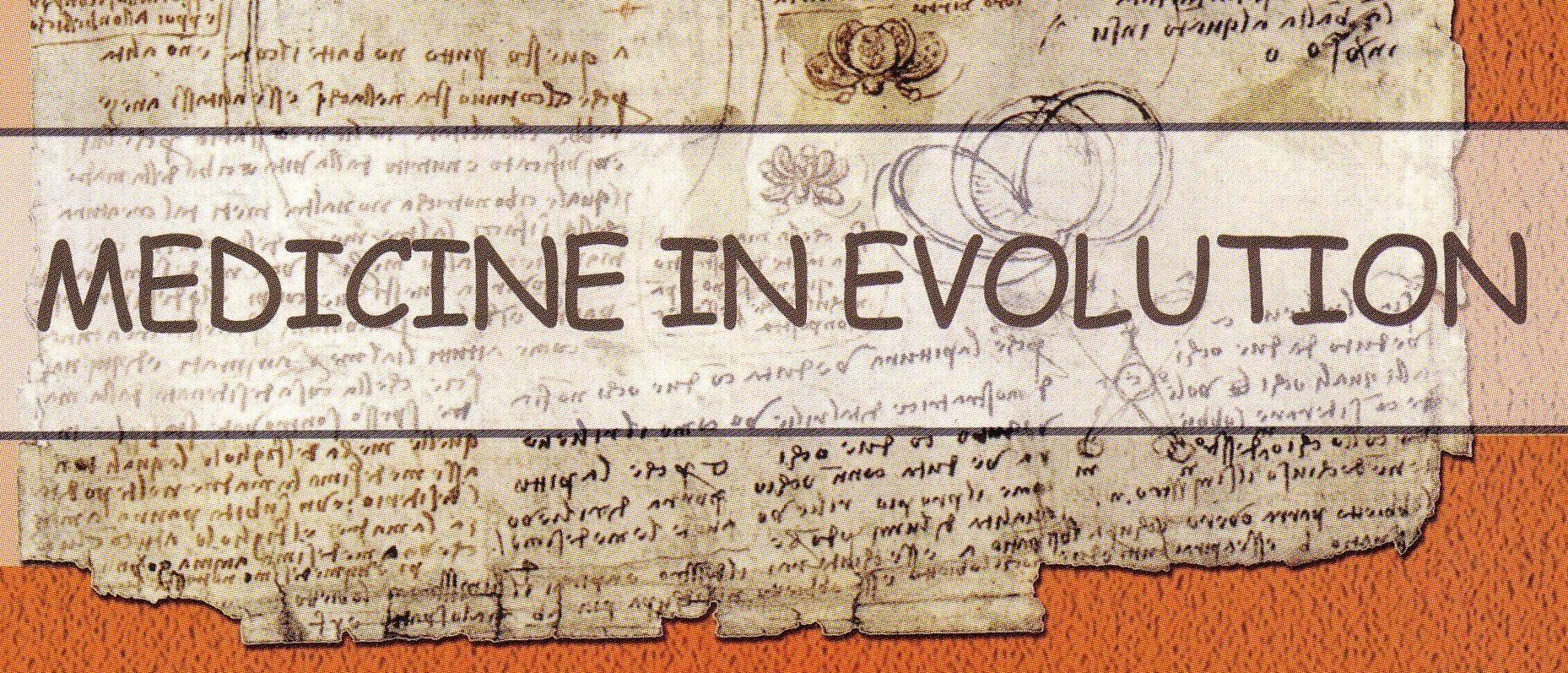|
Medicine in evolution
|
- Abstract - The etiology of pulpal inflammation subjacent to caries is bacteria. It has been known for decades that the pulp can be inflamed subjacent to lesions in enamel only, as well as in relation to a deep dentin caries. Traditionally, the clinical focus of pulp reactions to caries has been centered on late stages of lesion progression. Consequently, it has most often been related to when and how the pulp tissue should be treated or removed. Less attention has been related to a systematic description of the nature of the pulp reactions in stages of different lesion progression prior to clinical pulp exposure. Scope: To identify the most important histopatological changes in relation to the progress of caries. Material and method: In this study were used 20 molars (impacted molars surgically removed, having different grades of caries) and 10 premolars extracted in orthodontic purposes. Conclusion: A thorough knowledge of the histopathology of deep dentinal caries is, therefore, a prerequisite for studies on treatment outcome following different treatment procedures.
Webmaster: Creanga Madalina |
|---|
